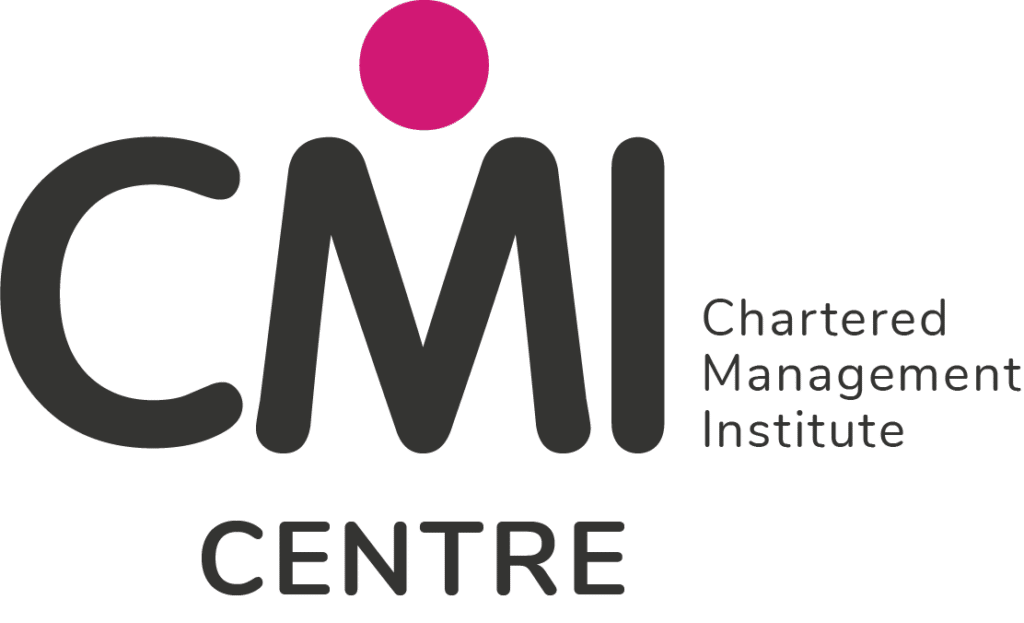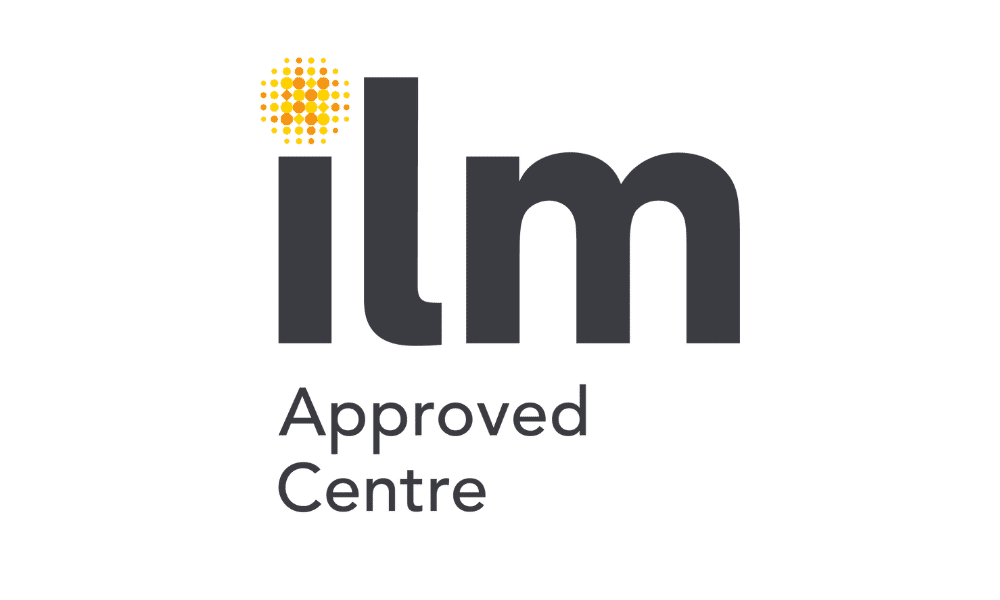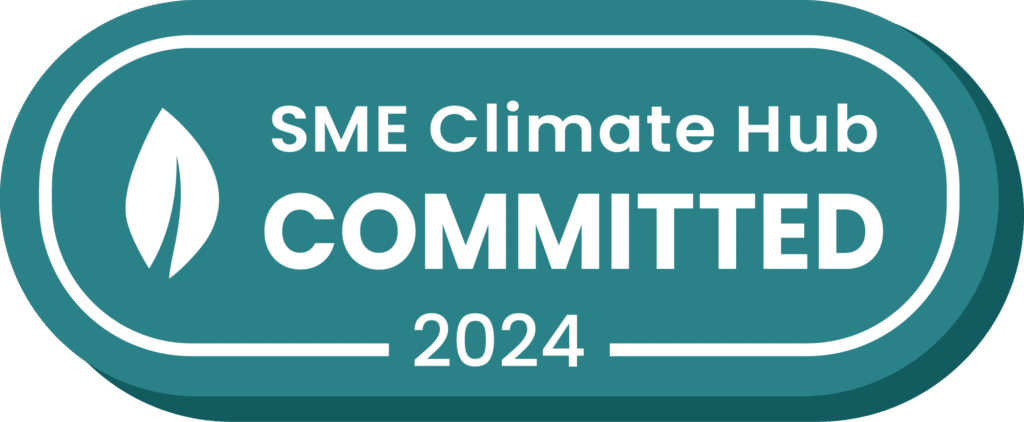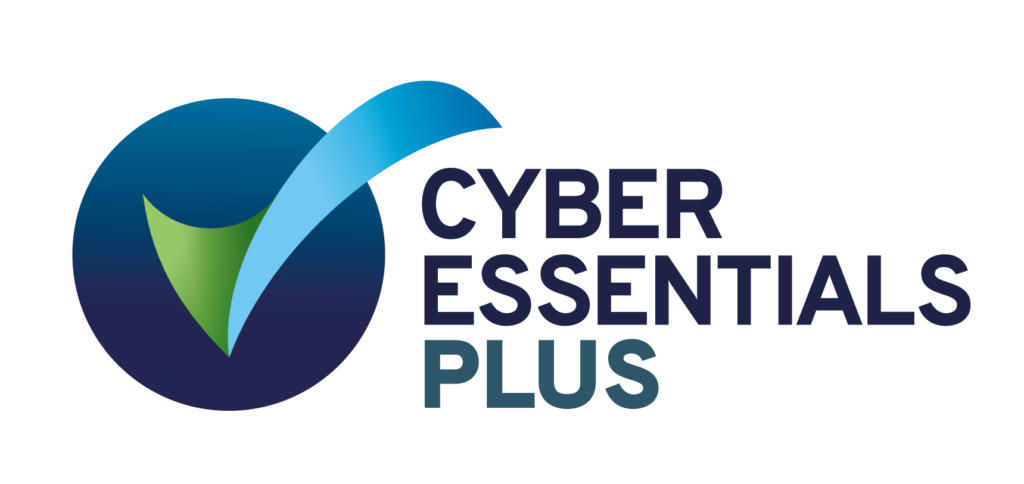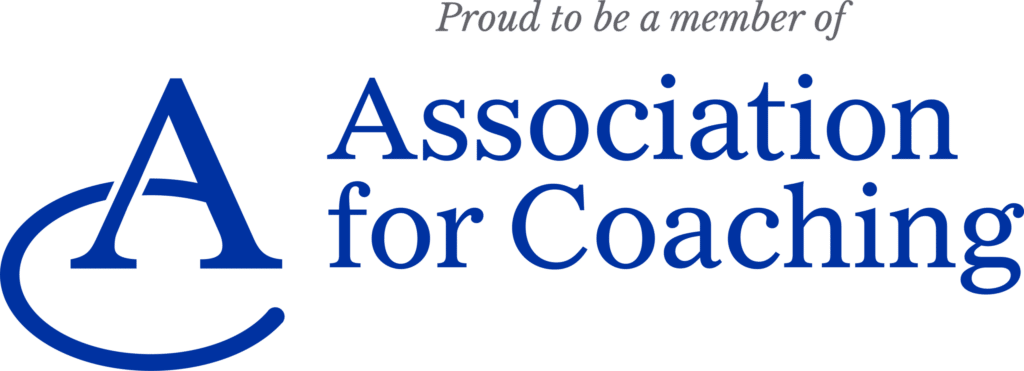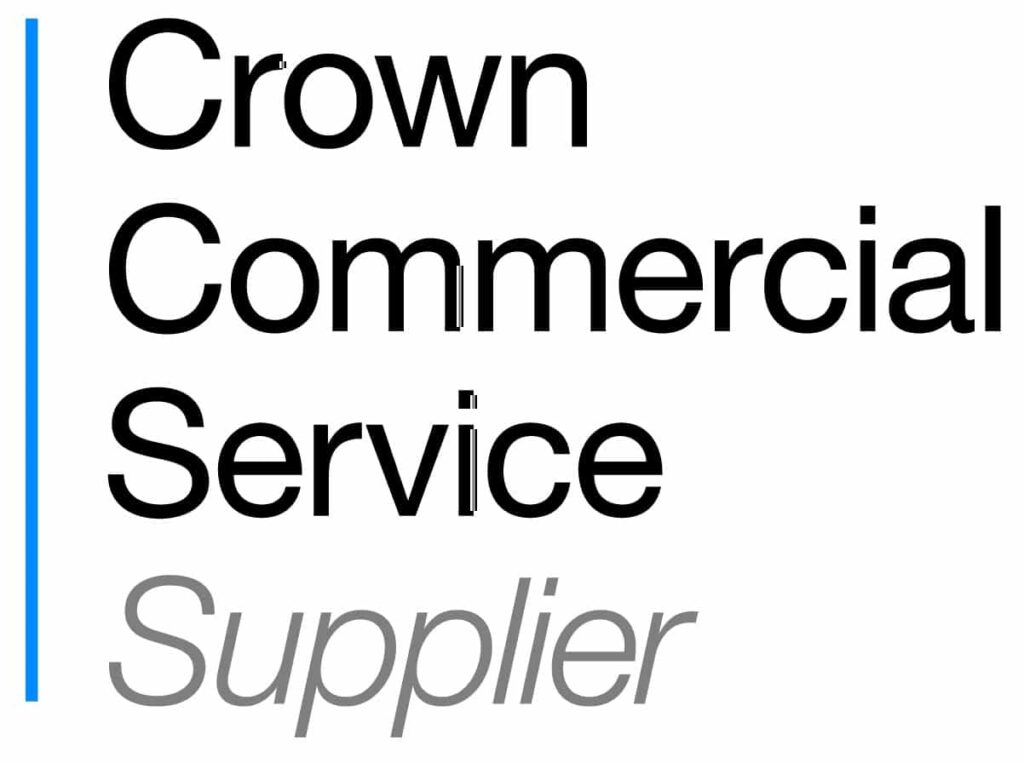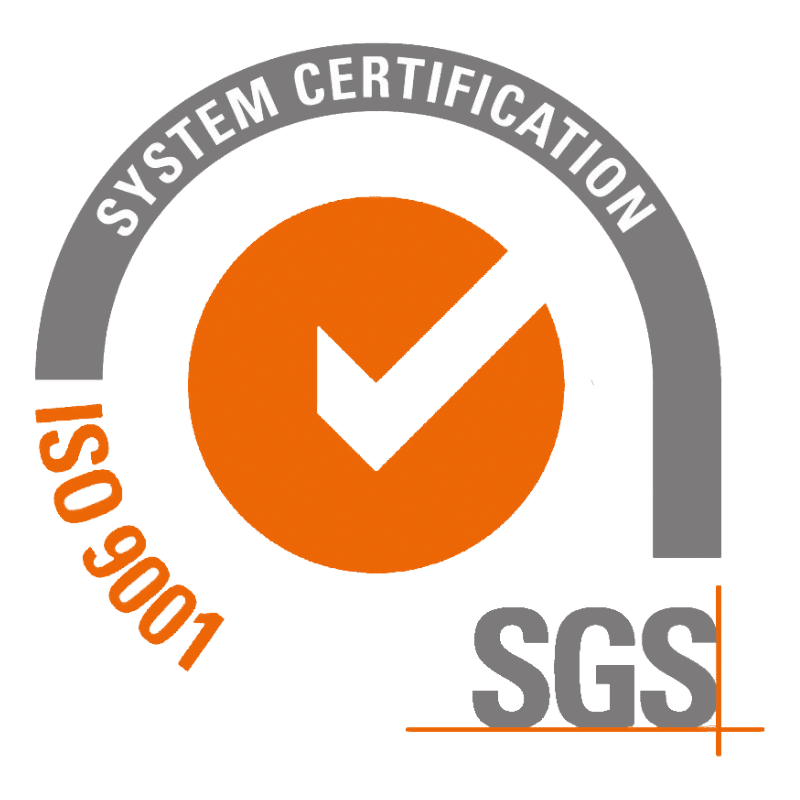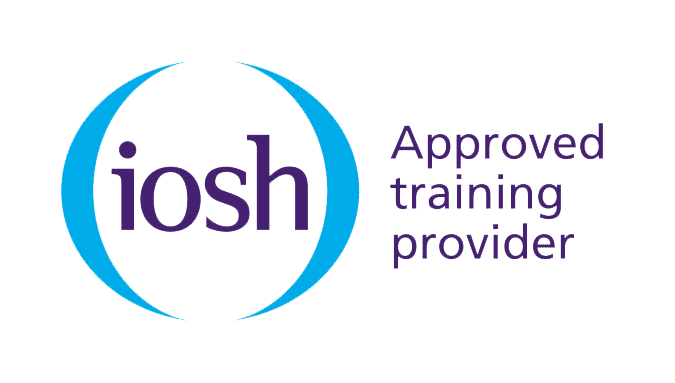The ability to give good feedback is vital. As well as being an essential skill for effective managers and leaders, it’s also important for people without those responsibilities to be able to give both positive and constructive feedback in aid of continuous improvement.
In any organisation, the more people that are comfortable sending feedback ‘sideways’ and even ‘up’, the better and, if it can benefit from thought, consideration and planning in its delivery, that is the best of all.

Ineffective feedback is as counter-productive as effective feedback is valuable. So, if you feel like you might be delivering your feedback differently every time, it may be helpful to consider applying a model to it, giving it both consistency and a structure that is proven to be effective. They won’t be applicable to every single situation and weaving them efficiently into the feedback process will take time and practice, but two such models, AID and PEG, are detailed below.
AID
Good feedback helps the recipient to understand the impact of their behaviour, increasing their motivation to change it or, if it’s positive feedback, continue it. This is the main strength of the AID model, which stands for Action Impact Do.

When used, this model means that your feedback:
1) Captures the action(s) in question
2) Communicates the full impact of those actions, however far-reaching and on however many other people that may be
3) Clarifies the changes desired, using the impact(s) as a rationale
The immediate benefit of the AID model is the depth and detail it provides, which gives the recipient context and explains impacts they may not have considered. It also provides clear, unambiguous guidance on what to do in the future.
To take it to another level of performance development, AID feedback can be very effective when delivered in a coaching style, which prompts the recipient to work through much of the process themselves. Open questions like “what do you think the impact of that action was” can use the middle stage to create a coaching conversation, which then means that the committments in the final phase feel organically and collaboratively created, rather than prescribed or directed.
PEG
The PEG model of feedback – Performance, Expectations, Gap – is a productive, forward-thinking model which ensures that feedback stays focused on performance, not personality. It’s most often used in performance conversations, where you are wanting to acknowledge and, ideally, establish agreement about any disparity between what is expected of someone and what they are currently delivering.

In the first step, where you introduce the area of behaviour that is going to be discussed, it’s important to be specific and cite examples. If no reactions (verbal or non-verbal) are discernible, it’s best to ask the recipient how they feel about the things that have just been raised – this provides some idea how ready (or not) they were for this conversation.
In discussing expectations, it’s important to establish mutual agreement. An open question (i.e. without a yes/no answer) can narrow down the recipient’s idea of what is expected of them. It may be that this is accurate, in which case you confirm, but it may be wide of the mark, in which case you clarify.
Whether or not the recipient had an accurate understanding of what’s expected of them, you will have illuminated a gap.

This then prompts guidance or instructions that will close it, either by re-framing their understanding of expectations or by helping them to see that their performance is falling short of what they know it should be. The PEG model is about generating buy-in from the recipient to take corrective action or persist with successful efforts, by presenting the feedback in a relatable and logical way (rather than a ‘telling off’ or praise which arrives devoid of context).
The invaluable skill of giving and receiving good feedback is worth investing in at all levels of your organisation, as well as being essential for your managers and leaders to be effective.
At Eliesha, we have been supporting the development of professional skills for over 20 years and would be pleased to discuss any blend of face-to-face, virtual or e-learning solutions from our catalogue that could help you reach your staff with impactful learning, wherever they are working.
To arrange an informal, exploratory meeting around your requirements, send us an email or fill out an enquiry form.
